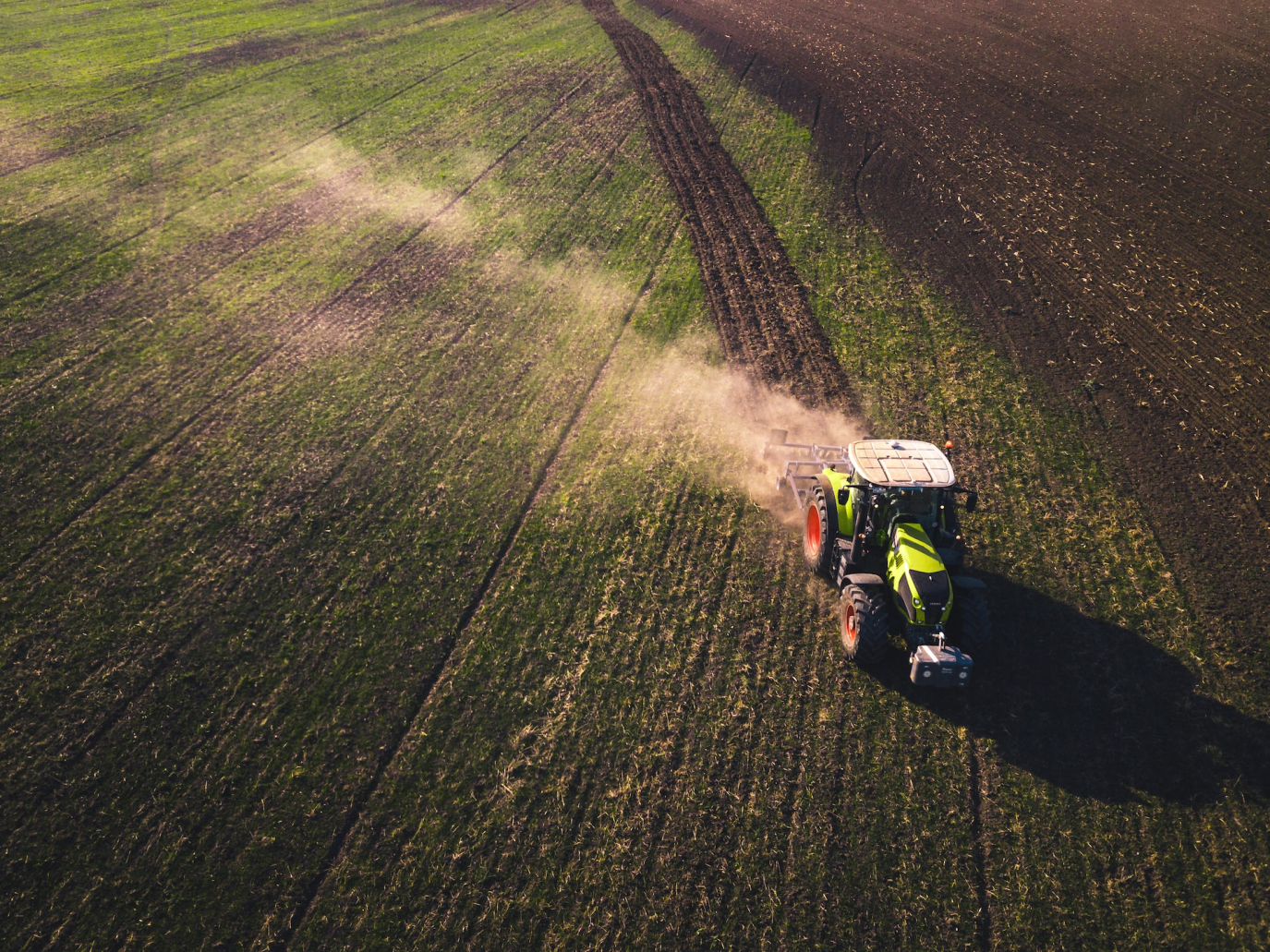The shortage of farm machinery is a well-known problem for Africa. Founded in Nairobi, Hello Tractor is an app that aims to foster cooperation between farmers and equipment owners.
Sharing resources may help to increase agricultural productivity. Expecially in Kenya, where farmers are experimenting with the sharing economy to solve the problem of the lack of technology. Here, the Financial Times says, Hello Tractor, a startup allows operators and their vehicles to connect with farmers and field managers. Once installed on the phone, the app connects the farmer with the nearest tractor equipped for the job required. Machinery owners can reach the farmland site and perform the necessary work.
“Nearly all farmers in the Africa region are reliant on rain fed agricultural systems,” explained the company’s founder and CEO, Jehil Oliver, quoted by Africa News website. “This means that they have to plant on time in order to maximise their yield. There is simply not enough labour available in these rural communities to ensure farmers have access to the labour that they need to plant on time and maximise their productivity. That is where Hello Tractor comes in.”
A “car-sharing” for agriculture
Founded in Nairobi, Kenya, in 2015, Hello Tractor “works like familiar car-sharing apps that provide local transportation options to people who don’t own cars or only want short-term use,” according to the World Food Program, the UN organization that supports the company’s activities along with the public-private consortium Farm to Market Alliance. “The only difference is that the vehicle is a tractor, and the customer is a farmer.”
The idea, in short, is to create value for the two core links in the production chain. By helping farmers rent and monitor available fleets of farm machines (about 3000 vehicles are currently reached by Hello Tractor, according to the latest survey), the app reduces downtime for farmers.
“In the old days we used to park our tractors at shopping centres and patiently wait for customers who would not show up sometimes,” Dominic Kimani, a farm equipment owner, told Africa News. “However, with the use of this application I can get customers from far and wide and it has been easy to find work.”
A global gap in agricultural machinery distribution
For several decades now, the global agricultural sector has been subject to a growing mechanization. In highest developed areas, this phenomenon has fostered productivity rise while causing some adverse including growing emissions associated with the use of fossil fuels and the excessive weight of some harvesters that have an impact on soil health. Africa, however, experiences the opposite problem. “It is estimated that there are only 13 tractors per hectare of arable land in Africa, compared to the global average of 200,” writes the World Food Program.
“Many smallholder farmers can’t afford to buy their own tractor, which translates into a lifetime of back-breaking work done by hand or by livestock, inefficiencies at crucial planting or harvesting times which are often weather-dependent, and slower processes to get produce to market and turn sales into much needed income.”
More technology and less fertilisers for Africa
Hello Tractor’s activities have expanded to Nigeria and attracted the interest of U.S. farm machinery giant John Deere. The company wants to invest in the startup in order to create a network of 250 machinery contractors assuming a strong expansion of business. Estimates are particularly optimistic: 10 thousand new tractors connected in the next five years, with an increase in cultivated land (more 9 million hectares), food production (more 37 million tons) and direct and indirect jobs.
The hope, in any case, is unchanged. “Newer technologies,” James Matthews, fund manager at Invesco, explained to the Financial Times, “offer us the chance to do more with less”. That means “more output with less equipment, less labour, less water, less energy, and crucially, fewer chemicals and fertilisers.”
Image: Chris Ensminger (Unsplash)



